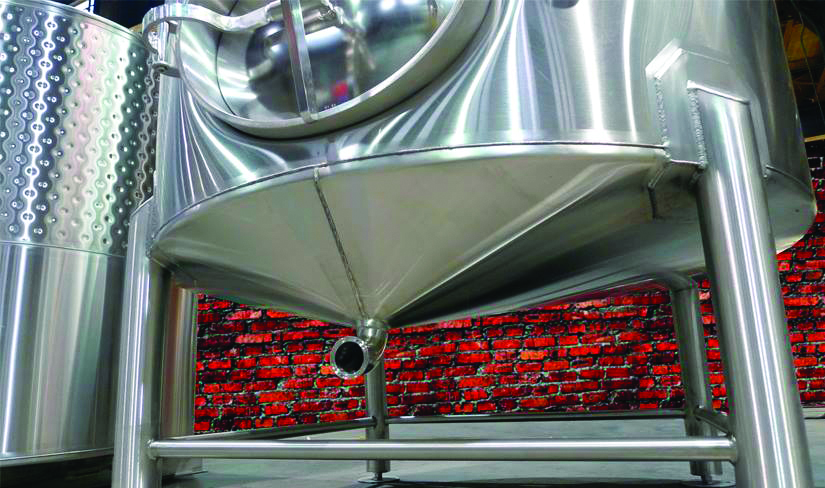Client Name: Johnson Foods Inc.
Industry: Food & Beverage
Location: Washington State
Project Scope: Redesign and modernize a brining system to improve energy efficiency, reduce equipment wear, and optimize production.
Solution Provided: Spokane Stainless Technologies engineered and delivered a fully insulated, jacketed brine tank tailored to Johnson’s needs.
Johnson Foods, a respected name in food manufacturing, was running into limitations with its outdated brining system. The setup relied on an open-top vat and a steam boiler running nearly nonstop just to maintain temperature. This resulted in:
Excessive energy consumption
Steam loss and humidity issues
Corrosion of nearby equipment
Increasing operational costs
As production scaled, these inefficiencies became unsustainable. Johnson Foods brought in a process engineer and began searching for a smarter, more permanent solution.

Working closely with Johnson’s process engineer, they analyzed the brining system from hold times to temperature targets and co-designed a smarter solution:
A fully jacketed internal heating layer
Two inches of Rockwool insulation
14-gauge stainless cladding for durability and thermal retention
The result was a high-performance, insulated brine tank built specifically for Johnson’s needs. After initial heat-up, the system retained temperature so well that the brine was still within one degree the next morning—without any boiler input.

Key Performance Indicators to highlight success:
Significant energy cost savings
Extended boiler lifespan
Reduced environmental wear and corrosion
Laid the groundwork for broader process improvements
Following this successful project, Johnson Foods initiated additional upgrades—such as automating cherry extraction using a conveyor system to reduce manual labor and improve throughput.